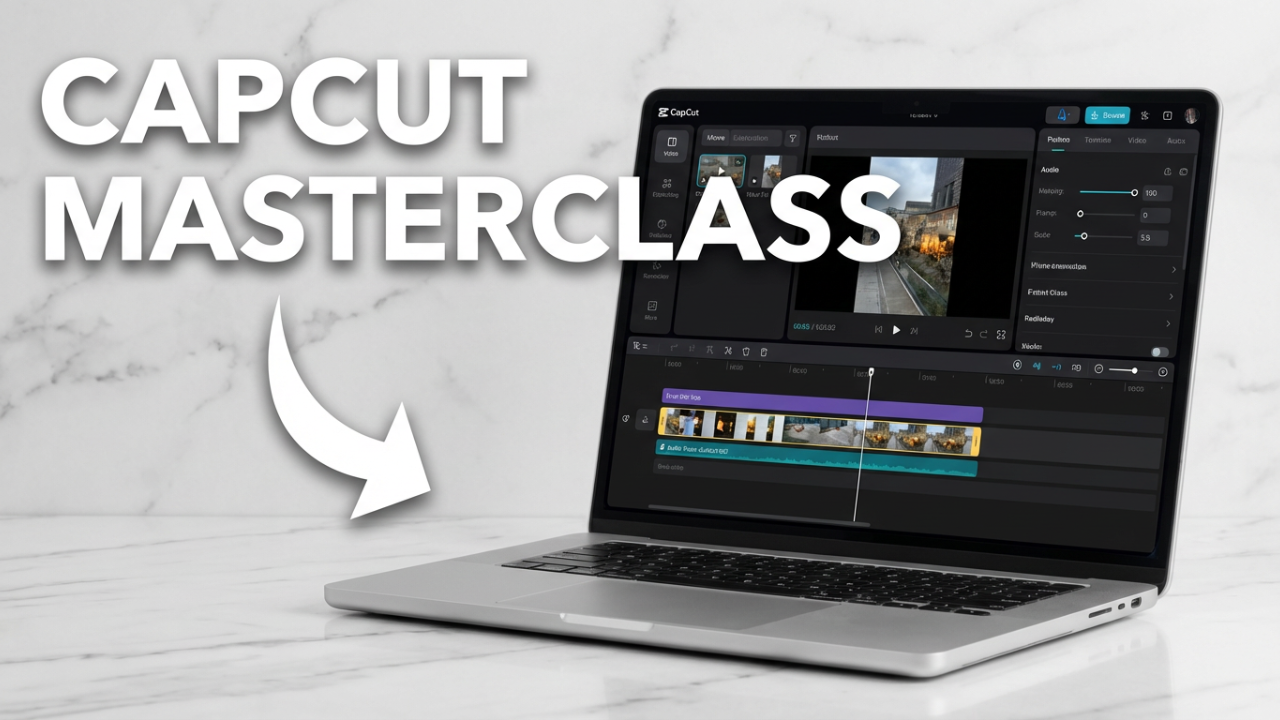The Advantages of Laptop: A Comprehensive Analysis
This article is about advantages of laptop. In today’s fast-paced digital world, laptops have emerged as indispensable tools for both personal and professional use. Their widespread adoption is largely due to their versatility, portability, and functionality. As technology continues to evolve, understanding the advantages of laptops becomes increasingly important for consumers, businesses, and educational institutions alike. This blog post delves deep into the multifaceted benefits of laptops, highlighting why they remain a preferred choice in computing.

1. Portability: Computing on the Go
One of the most significant advantages of laptop is their portability. Unlike traditional desktop computers, which are often bulky and confined to a single location, laptops are designed for mobility. Weighing typically between 2-6 pounds, modern laptops can easily fit into backpacks or carrying cases, allowing users to work, study, or entertain themselves from almost anywhere—be it a coffee shop, library, office, or a park.
This portability enables a more flexible approach to work and study. For students, it allows for collaboration in various environments, enhancing learning experiences. Professionals can attend meetings and presentations without being tethered to a specific office space, promoting productivity and efficiency.
2. Versatile Functionality
Laptops offer a remarkable degree of versatility. With powerful processors, ample storage options, and a wide range of software available, they can handle diverse tasks, from simple word processing to advanced graphic design and programming. Many laptops are equipped with high-resolution displays, excellent audio systems, and integrated webcams, making them ideal for video conferencing, online classes, and multimedia creation.
Moreover, an extensive library of applications ensures that users can customize their laptops to meet specific needs. Whether it’s productivity software, creative tools, spreadsheets, or games, there’s a wide array of options that can transform a laptop into a multi-functional device.
3. Cost-Effectiveness
When compared to desktop computers, laptops often present a more cost-effective solution in terms of initial investment and maintenance. While high-performance desktops can come with a hefty price tag due to the need for separate monitors, keyboards, and other peripherals, laptops integrate all necessary components into a single package, often at a lower total cost.
Additionally, the competitive market for laptops has driven prices down, making high-quality devices accessible to a broader audience. Moreover, the trend towards cloud computing further reduces the need for extensive physical hardware, enabling users to take advantage of online storage and applications that require minimal on-device resources.
4. Energy Efficiency
Laptops are designed with energy efficiency in mind. Most models consume considerably less power than desktops, which is not only better for the environment but also beneficial for users looking to minimize their energy costs. Many laptops utilize advanced battery technology, allowing them to run for hours on a single charge. This feature is particularly advantageous for users who need to work remotely or travel without consistent access to power sources.
Furthermore, modern laptops are equipped with tools and settings that help manage power consumption, such as adaptive brightness control and sleep mode, which contribute to prolonging battery life while ensuring that performance is readily available when needed.
5. Enhanced Security Features
In an age of increasing cyber threats, laptops often come with enhanced security features that can safeguard sensitive information. Many modern laptops include biometric authentication methods, such as fingerprint scanners and facial recognition technology, adding an extra layer of security that is often not available on desktops.
Additionally, operating systems and software installed on laptops frequently receive updates that enhance security, counteracting potential vulnerabilities. For businesses, these security measures can be pivotal in protecting intellectual property and client information.
6. Connectivity and Collaboration
Laptops typically feature integrated wireless technology, including Wi-Fi and Bluetooth capabilities, allowing for seamless connectivity to the internet, networks, and peripheral devices. This connectivity is crucial for collaboration in today’s work environments.
Remote work and virtual collaborations have become commonplace, and laptops facilitate this transition by allowing multiple users to share screens, work simultaneously on shared documents, and hold virtual meetings. This ease of connection fosters teamwork and enhances productivity across distance, making it possible to operate in essentially any location.
7. Accessibility and User-Friendliness
Laptops cater to a broad audience, including individuals with varying levels of technical expertise. Their user-friendly interfaces make them accessible for everyone, from seasoned tech enthusiasts to novice users. The availability of touchscreens on many models further enhances usability, particularly in educational settings or for users seeking a more intuitive experience.
Moreover, laptops can facilitate accessibility features, such as screen readers and voice recognition software, allowing users with disabilities to utilize technology effectively. This inclusivity aligns with modern educational and workplace reforms that strive to create more adaptable environments.
8. Performance for Gaming and Creative Work
For gaming enthusiasts and creative professionals, modern laptops offer performance capabilities that have often rivaled desktops. Many gaming laptops now come equipped with dedicated graphics cards, high-refresh-rate displays, and substantial RAM, allowing for immersive gaming experiences and effective multitasking.
For designers, video editors, and developers, high-performance laptops provide the horsepower needed for rendering graphics, running complex simulations, and compiling code, all while remaining portable. This means that professionals can take their work with them, reducing the need to return to a designated workspace.
Conclusion
In conclusion, the advantages of laptop are multifaceted, making them an optimal choice for a diverse range of users and purposes. From unparalleled portability and versatile functionality to cost-effectiveness, energy efficiency, enhanced security features, and improved connectivity, laptops stand out as a quintessential tool for modern living.
As we continue to navigate an increasingly digital landscape, the importance of selecting the right computing device will remain paramount. With laptops at the forefront of this evolution, they represent not just a means of productivity but a gateway to enhancing work, study, and creativity in an interconnected world. Overall, investing in a laptop is not merely a purchase; it is an investment in flexibility, efficiency, and the future of computing.
Shop Now






